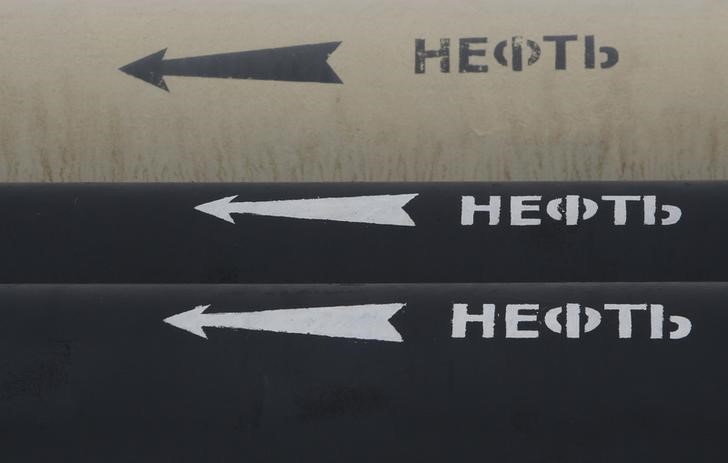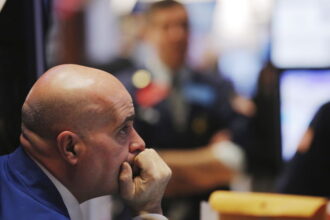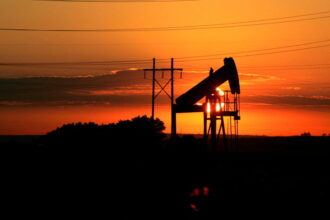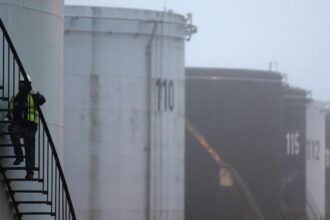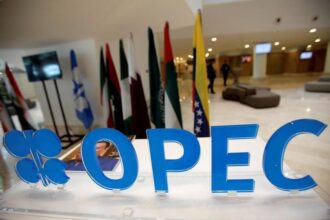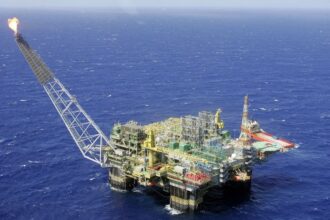By Ahmed Rasheed and Maha El Dahan
BAGHDAD (Reuters) – Iraq said on Tuesday it has agreed to a smaller 30% stake in TotalEnergies long-delayed $27 billion project, reviving a deal that Baghdad hopes could lure back foreign investment into the battered country which craves stability.
The deal was signed in 2021 for TotalEnergies to build four oil, gas and renewables projects with an initial investment of $10 billion in southern Iraq over 25 years.
But it has experienced several setbacks amid disputes between Iraqi politicians over terms.
Iraq’s cabinet said in a late Tuesday statement that it had approved the amended 30% share “due to the importance of resolving the issue and proceeding with the signing of related agreements.”
Earlier on Tuesday, three sources told Reuters that Iraq has agreed to lower its share to 30% from 40% in the project, which was a key sticking point as TotalEnergies wants a majority stake.
Iraq’s state-owned Basrah Oil (BOC) will partner in the project, instead of the now-abolished Iraq’s National Oil company (INOC), the cabinet statement added.
The potential for INOC’s involvement had been another stumbling block for the deal.
Iraq, OPEC’s second largest producer, has been for years plagued by war, corruption and sectarian tensions that have held back its potential.
The agreement to lower the share to 30% was struck after meetings in Baghdad over the past few days, an industry source said.
TotalEnergies did not immediately respond to a request for comment.
“The deal should be activated within days,” a senior Iraqi oil ministry official said.
The project includes the construction of a gathering network to supply local power stations through the expansion of the Ratawi field, building a large-scale seawater treatment facility to boost output from other fields using water injection and a large solar power plant in the Basra region.
TotalEnergies would be responsible for the first phase of the seawater project costing $3 billion, the statement said.
QatarEnergy will also take part in the consortium and will have a share in the project, sources with direct knowledge of the matter said.
Sources had told Reuters in January that QatarEnergy was looking at a stake in the project.
QatarEnergy did not immediately respond to a request for comment.
A major investment by a Gulf state in the project would also mark an important win for Iraqi Prime Minister Mohammed al-Sudani, who took office last October following more than a year of political turmoil, and would be considered a step towards countering Iranian influence.
A revival of the project is key to Baghdad’s efforts to reverse the exit of oil majors from the country.
Exxon Mobil (NYSE:) , Shell (LON:) and BP (NYSE:) have all scaled back their operations in Iraq in recent years, contributing to a stagnation in its oil production.
Iraq’s oil production capacity has remained at around 5 million barrels per day in recent years. Yet at one time there had been hopes of rivalling top producer Saudi Arabia with its output of 12 million bpd, more than a tenth of global demand.
Read the full article here


